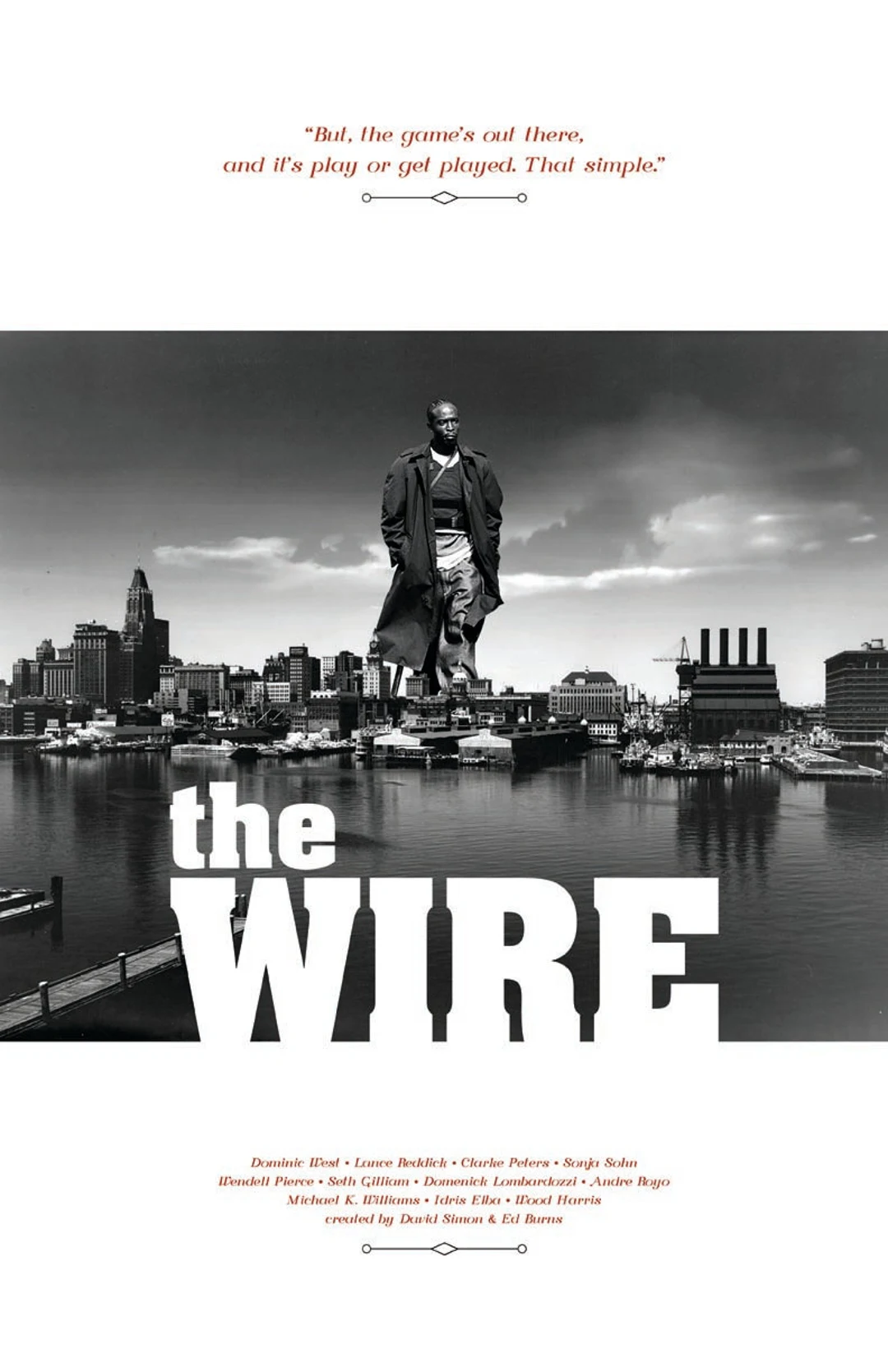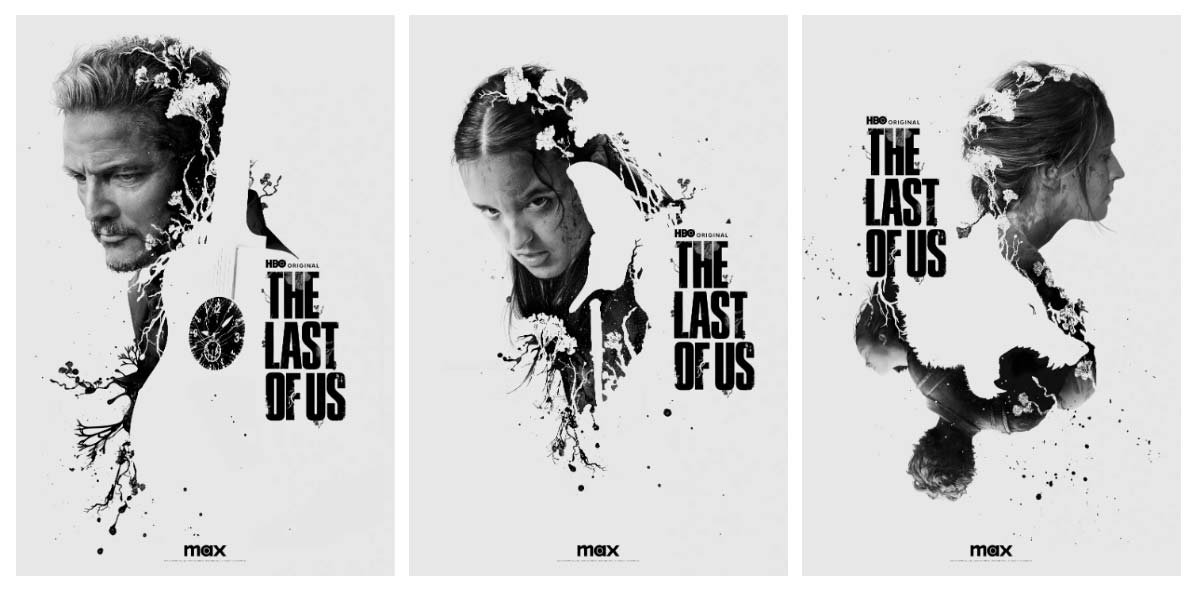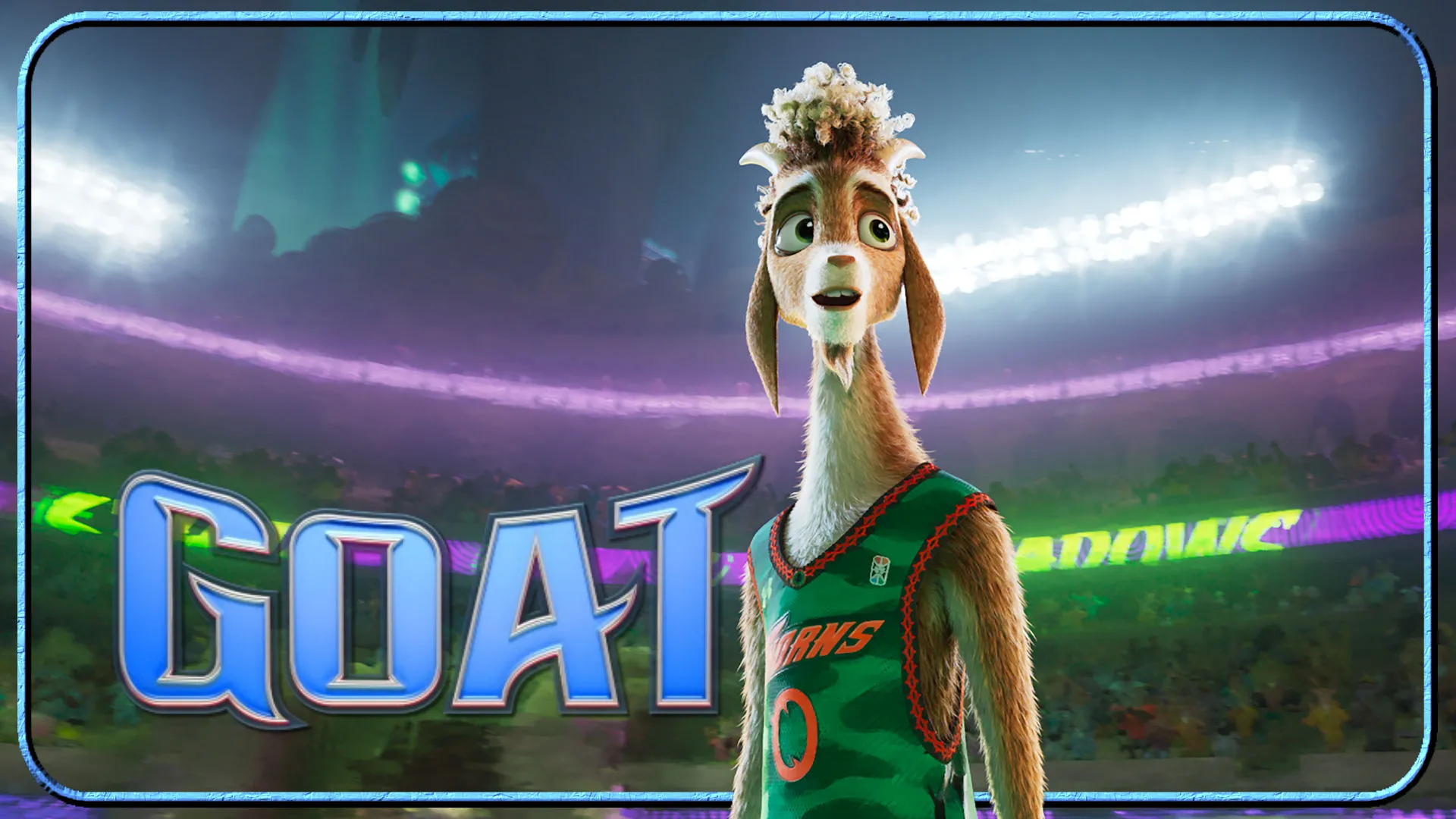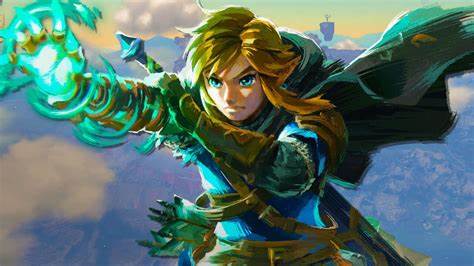
Darwin Del Fabro on Presence, Vulnerability, and Living Fully in the Now
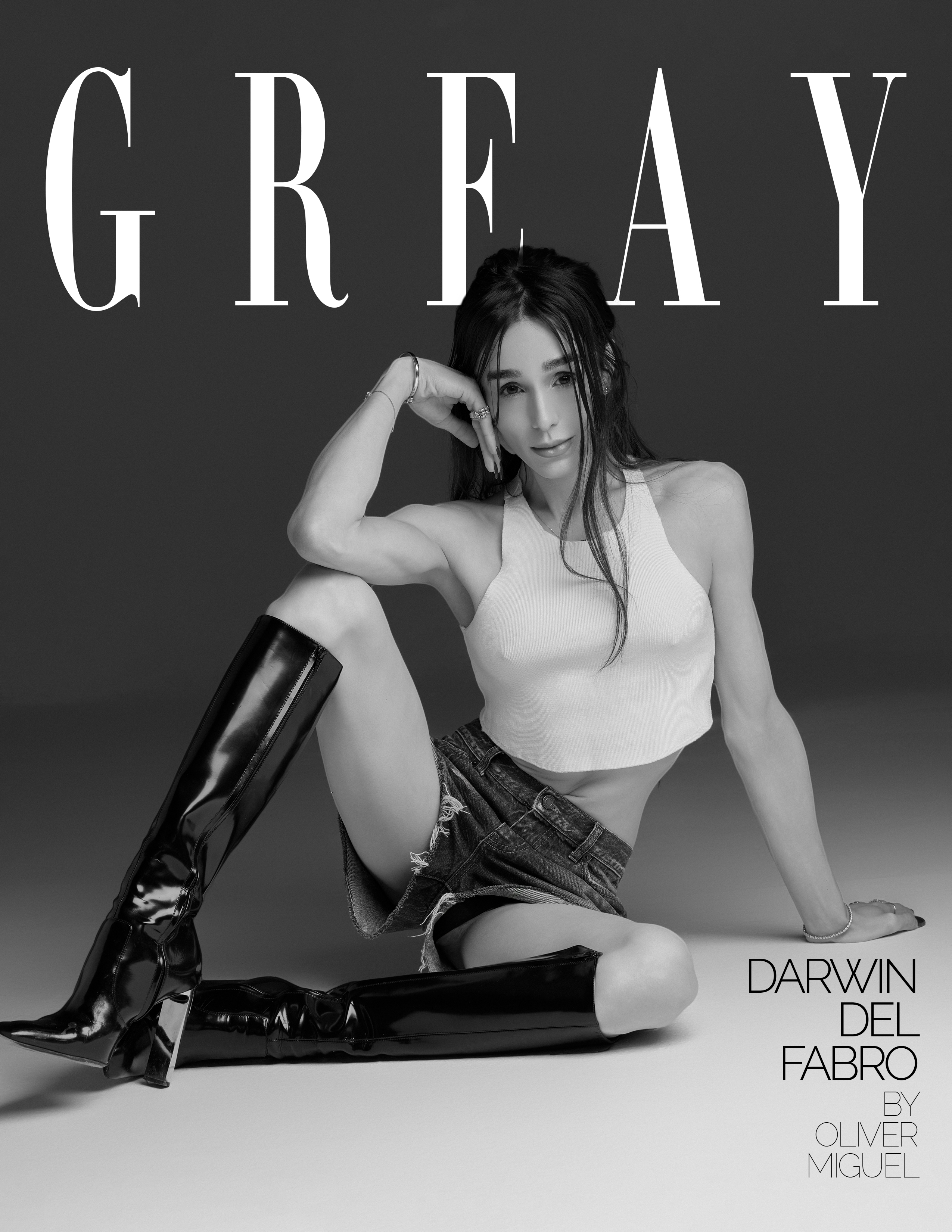
Darwin Del Fabro is an artist who refuses to be confined to a single medium or identity. From her roots in Brazil to her rise in New York’s theater and film world, she has carved a path defined by courage, vulnerability, and creative reinvention. A singer, actress, and writer, Darwin brings the full force of her artistry to every stage—whether it’s a Broadway spotlight, a television set, or a song that lingers long after it’s sung. Her latest work, LILI/DARWIN, channels that versatility into a deeply personal piece, but it’s also a reflection of a much larger journey: one of visibility, emergence, and building space for others to be seen. To understand Darwin is to understand that every role she takes on—whether her own or someone else’s—is rooted in truth.
LILI/DARWIN is such a deeply personal and intimate piece. What was the moment when you knew you needed to tell this story now, and how did connecting with Lili Elbe’s journey help you understand your own?
I think the urgency came when my own transition began to demand a fuller artistic response. I had carried Lili’s story with me for years, but it wasn’t until I stepped into my truth in 2024 that I understood how our lives could be woven together. Her courage in becoming one of the first women to undergo gender confirmation surgery resonated with the risks and beauty of my own journey. I realized I couldn’t tell her story without telling mine, and I couldn’t tell mine without honoring hers. That intersection—that dialogue across time—was the moment I knew LILI/DARWIN had to exist now.

Your gender transition in late 2024 marked a profound turning point for you—personally and artistically. How has this new alignment of voice, body, and purpose shaped the way you approach your craft today?
It has given me a deeper honesty. For so long, I felt I was performing not only on stage but in life—playing roles that didn’t quite fit. Now my voice, my body, and my sense of self are finally aligned, and that alignment frees me to create from a place of authenticity. My craft feels less like reaching for something outside of me and more like revealing what has always been inside. It’s not about technique alone anymore; it’s about truth.
You’ve described LILI/DARWIN as “not a reinvention, but an emergence.” Can you share what that distinction means to you and how that sense of rebirth shows up in the play’s structure and storytelling?
“Reinvention” suggests discarding one life to create another, but my experience has been the opposite. I’m not reinventing myself—I’m uncovering what was always there, waiting. That’s what I mean by emergence. The play mirrors that by refusing to separate past and present, Lili and Darwin. Instead, it flows between voices, memories, and identities until they merge into one. It’s less about constructing a new version of self and more about arriving home.
Through this work, you’re inviting audiences into an incredibly vulnerable space. What do you hope people walk away feeling after experiencing LILI/DARWIN, especially those who may not have had much exposure to trans narratives?
I hope they leave with empathy, not pity. I want them to see the humanity, the beauty, and the universality in this story. Yes, it’s about gender, but it’s also about longing, becoming, and love. If someone walks away seeing trans lives not as “other,” but as profoundly human, then the vulnerability of sharing my story will have been worth it.
As an artist who moves seamlessly between theater, music, television, and film, how do you choose which medium best fits the story you want to tell? Does your process change when you’re singing, acting, or writing?
For me, the story dictates the medium. Some truths need the intimacy of theater, some require the reach of film, and others demand the immediacy of song. My process shifts with each, but the core remains the same: to find the emotional truth and let it guide me. Singing, acting, writing—they’re all different languages I can use to say the same thing.
From Brazil to New York, your career has crossed continents and cultures. How has your Brazilian heritage influenced your identity as a storyteller and your understanding of visibility and representation on a global stage?
Brazil gave me music, rhythm, and a love for storytelling that is both lyrical and raw. Growing up there taught me to embrace passion and vulnerability as strengths. Moving to New York, I learned how visibility can be both empowering and dangerous, especially as a queer and trans artist. Those two perspectives—Brazilian warmth and American confrontation—shape how I tell stories with both tenderness and defiance.

Music has always been central to your artistry. In LILI/DARWIN, how does live music shape the emotional landscape of the play, and what does it allow you to express that words alone cannot?
Music bypasses intellect and goes straight to the heart. It’s all music. The ache, the joy, the contradictions. A melody can contain longing in ways a line of text sometimes can’t. Live music also makes the performance visceral, reminding the audience that they are sharing a living, breathing moment with me.
With Madalena Productions and now the launch of Cahoots, you’re carving out spaces for creativity and community beyond performance. What inspired you to create these platforms, and how do they reflect your larger mission as an artist?
I’ve always believed that art is not only about self-expression but about building community. With Madalena and now Cahoots, my mission has been to create spaces where artists who are often excluded—queer, trans, immigrant voices—can thrive. It’s about leaving doors open behind me and making sure that visibility is not just mine, but shared.
In your career so far, you’ve taken on roles that challenge norms and expand representation. How do you navigate the responsibility of visibility, and what does authentic representation mean to you as both an actor and a writer?
Visibility is a gift and a responsibility. I never want to be tokenized, but I do want to expand what people think is possible for trans and queer characters. For me, authentic representation means depth—it’s not about being perfect or inspirational, it’s about being real. I navigate it by reminding myself that my job isn’t to represent all trans people, but to tell my truth with as much integrity as I can.
As you step into this next chapter—with LILI/DARWIN, your music, and your growing creative ventures—what does success look like for you now? Has your definition of it changed as you’ve grown into your fullest self?
Success used to mean approval—applause, recognition, validation. Now it means alignment. It’s when my work, my body, and my spirit are moving in the same direction. Of course, I want to reach audiences and have impact, but true success is waking up in the morning and knowing I am fully living as myself and creating from that place.

Visibility and representation are recurring themes in both your work and your life. As more trans narratives make their way into mainstream media, what changes do you hope to see in the way these stories are told—and who gets to tell them?
I want to see trans stories told with the same complexity as any other human story. Not as cautionary tales or side plots, but as full, messy, beautiful lives. And I want them told by trans creators—not just performed by us, but written, directed, produced. Who tells the story is as important as the story itself.
You’ve described 2025 as a year of “renewed presence.” With everything you’ve created and experienced leading up to this moment, what does living fully in your truth look and feel like right now, both onstage and off?
It feels like being seen—truly seen—for the first time. It feels like no longer splitting myself between who I am and who I pretend to be. Onstage, it’s stepping into the light without fear. Offstage, it’s the small, daily joys: walking down the street in my own skin, laughing with friends, loving without apology. Living fully in my truth is presence—it’s not waiting for the future, but inhabiting the now completely.
Darwin Del Fabro’s story is not just about a single performance—it’s about the larger tapestry of an artist living fully in her truth. Whether through theater, music, film, or her creative platforms like Cahoots, she continues to carve out spaces where vulnerability becomes strength and visibility becomes community. LILI/DARWIN may be the latest expression of that mission, but it is only one chapter in a career defined by defiance, tenderness, and authenticity. For Darwin, success is no longer measured by applause but by alignment—when her art, her body, and her spirit move as one. And for audiences, her presence is an invitation: to witness not just a performance, but a life emerging boldly and unapologetically in its fullest form.
Photo By Oliver Miguel
Story By Kyra Greene


